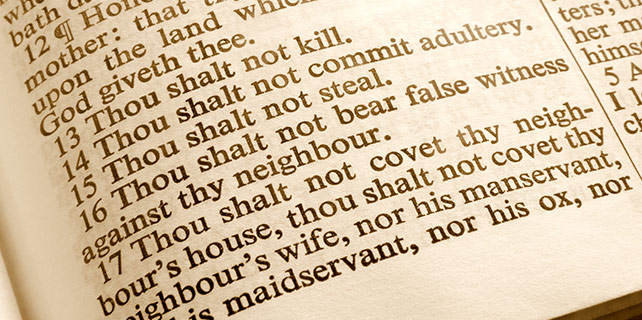Never Open Up Constructive Theological Dialogue With An Antichrist
Topic: Chrestomathy
“At the same time, precisely because the Church is the household of the faithful, the enemy outside hates it. One of the ways he expresses that hatred is by various attempts at subversion, corrupting the Church from within. It is simply naive to maintain that all assaults on the faith come from persecuting tyrants. Most of the threats to biblical integrity come from men who went to seminary. The beast in Scripture is a civil ruler, persecuting from outside. There have been many such beasts in the history of the Church, from Nero to Stalin. But the antichrist in Scripture is a spirit of corruption from within the body. Who is the antichrist but the one who denies that Jesus came in the flesh? (1 Jn. 4:3). A beast is a persecutor; an antichrist is a false teacher. In the scriptural categories, Hitler was a beast, but to find our modern antichrists we have to look for liberal Methodist bishops and the lesbians who love them. Now the Bible requires that the Word be brought against both kinds of threats, which is just what the apostle John did. He brought the Word against the beast in Revelation and against the antichrist in 1 John. And when that Word comes, it does not do so as an invitation to dialogue” (A Serrated Edge, pp. 99–100).
Posted by Douglas Wilson — 12/28/2005 12:45:29 PM
.
Deceitful Theology Part 1
The principles of war as understood by Douglas Wilson culminate in the chief principle of war as well as the cornerstone of his theology — deception. Continue reading

